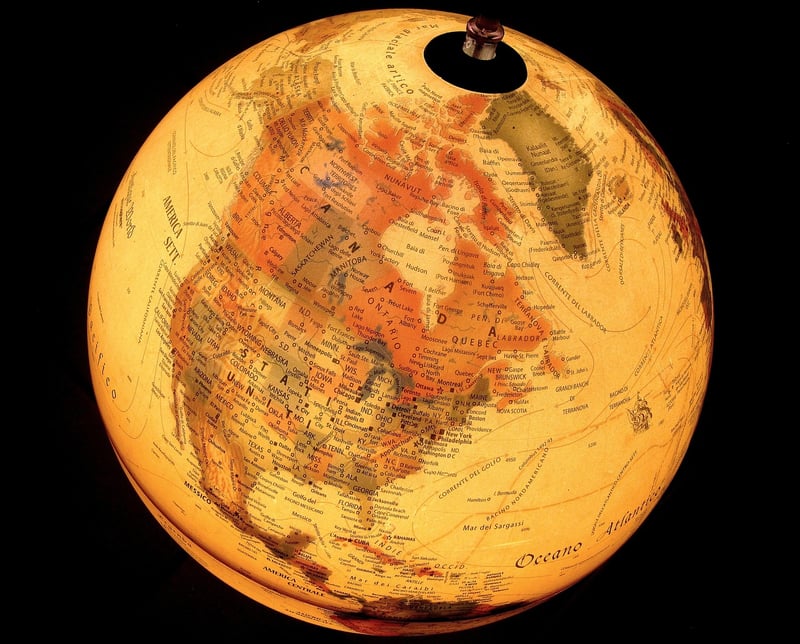Gravitational Waves
Unravel the Mysteries of the Universe with Gravitational Waves

Have you ever wondered about the secrets that the universe holds beyond what meets the eye? Gravitational waves, a groundbreaking discovery in the field of astrophysics, offer a fascinating glimpse into the hidden dynamics of the cosmos.
What are Gravitational Waves?
Gravitational waves are ripples in the fabric of spacetime caused by the acceleration of massive objects, such as merging black holes or neutron stars. Predicted by Albert Einstein over a century ago in his theory of general relativity, these waves were finally detected in 2015, opening a new window to observe the universe.
How are Gravitational Waves Detected?
Advanced detectors like LIGO (Laser Interferometer Gravitational-Wave Observatory) and Virgo use laser interferometry to measure tiny changes in the distance between mirrors caused by passing gravitational waves. These detectors have revolutionized our ability to study the universe by allowing us to "listen" to cosmic events that were previously invisible.
Why are Gravitational Waves Important?
Gravitational waves provide a unique way to study some of the most violent and energetic processes in the universe, such as black hole mergers and supernova explosions. By analyzing the signals carried by these waves, scientists can unlock mysteries about the nature of gravity, dark matter, and the origins of the universe.
Future of Gravitational Wave Astronomy
The field of gravitational wave astronomy is rapidly evolving, with new detectors and technologies being developed to enhance our ability to observe cosmic phenomena. As we continue to unravel the mysteries of the universe through gravitational waves, we are poised to make even more groundbreaking discoveries in the years to come.
Embark on a journey of cosmic exploration with gravitational waves and witness the wonders of the universe unfold before your eyes!
Explore more about gravitational waves and their impact on our understanding of the cosmos here.

